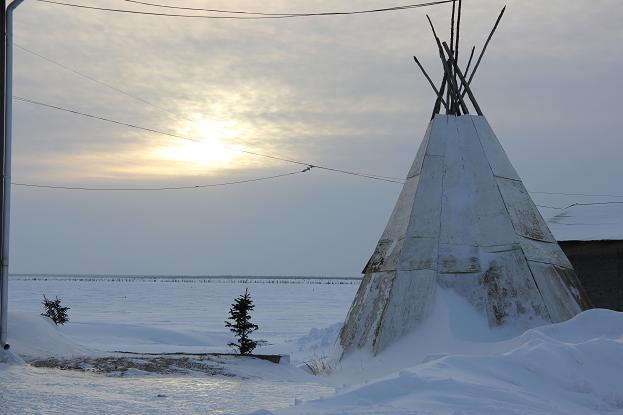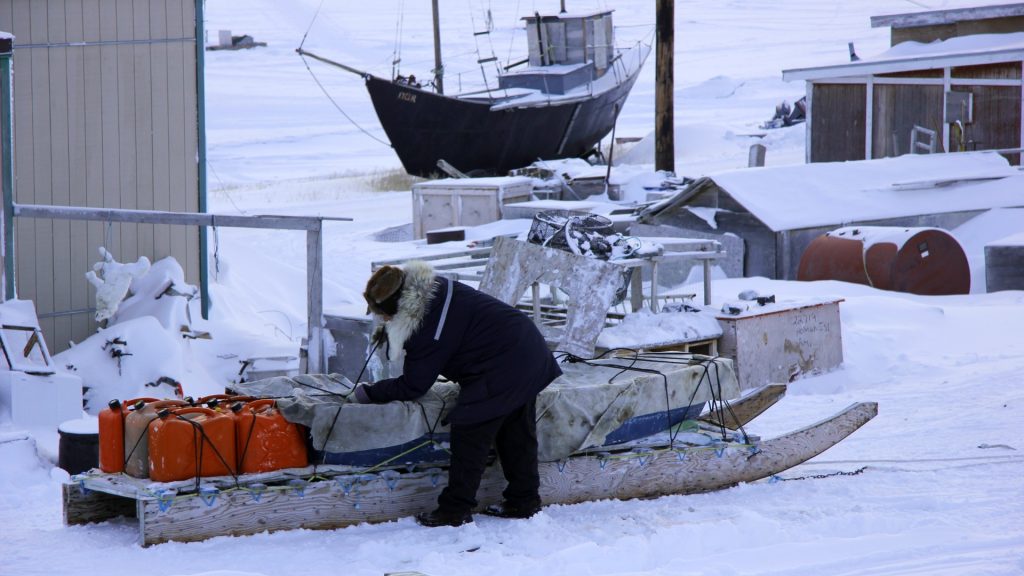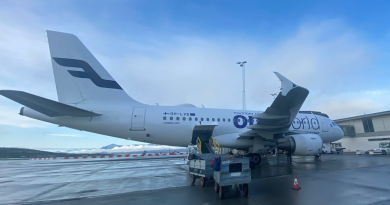New agreement injects $17.7M into N.W.T. Indigenous language programs

A new agreement between Ottawa and the Government of the Northwest Territories is set to pump $17.7 million into Indigenous language programs over the next three years.
The Canada-Northwest Territories Agreement on Indigenous Languages, running from 2024-2025 and 2026-2027, aims to preserve and promote Indigenous languages in the territory.
Each year, $5.9 million will be funneled into initiatives—ranging from language classes to community cultural programs—designed to strengthen and revitalize Indigenous languages. The funds will also support local media and broadcasting.
“This funding is about making sure Indigenous languages are not just preserved but lived and experienced daily,” Caitlin Cleveland, NWT’s minister of Education, Culture and Employment, said in a statement Monday.
“We want to see these languages in classrooms, workplaces, and communities, celebrated and spoken by people of all ages.”
Major part of funding to go to communities
The Ottawa-territorial language agreement has been renewed regularly since 1984.

Pascale St-Onge, the federal minister of Canadian Heritage, said the agreement highlights the long-term commitment to Indigenous languages.
“Language is at the heart of who we are,” she said. “Supporting Indigenous languages is a crucial part of reconciliation, and this agreement is about giving these languages the space they need to grow and thrive.”
The major portion of the funding—about $4.9 million each year—will go directly to Indigenous governments to develop language plans and community-based programs.
The N.W.T. has 11 official languages. Besides English and French, the other nine languages are all Indigenous:
- Dene Kǝdǝ́
- Dëne Sųłıné,
- Dene Zhatıé
- Dinjii Zhuʼ Ginjik
- Inuinnaqtun
- Inuktitut
- Inuvialuktun
- nē hiyawē win
- Tłı̨chǫ
Michael McLeod, the Northwest Territories Member of Parliament, said the financial support gives communities the means they need to ensure their languages have the visibility they need.
“Indigenous languages are a vital thread in the fabric of our communities,” he said. “This agreement ensures that the work of revitalizing these languages continues, so they remain a strong part of our identity and heritage.”
Beyond direct language programs, the agreement will also support the Mentor-Apprentice Program and Indigenous Language Revitalization Scholarships, among other initiatives.
Comments, tips or story ideas? Contact Eilís at eilis.quinn(at)cbc.ca
Related stories from around the North:
Canada: Mark Indigenous languages decade by making Inuktitut official in Canada: Inuit UN rep, The Canadian Press
Finland: Everyone encouraged to boost Sami language visibility in Finland, Norway and Sweden this week, Eye on the Arctic
Norway: Indigenous and minority language names for Norway now have official status, The Independent Barents Observer
Russia: German project to house everything published in Siberian and Arctic languages to seek new funding, Eye on the Arctic
Sweden: Can cross-border cooperation help decolonize Sami-language education, Eye on the Arctic
United States: Inuit leaders applaud UN move to designate International Decade of Indigenous Languages, Eye on the Arctic



